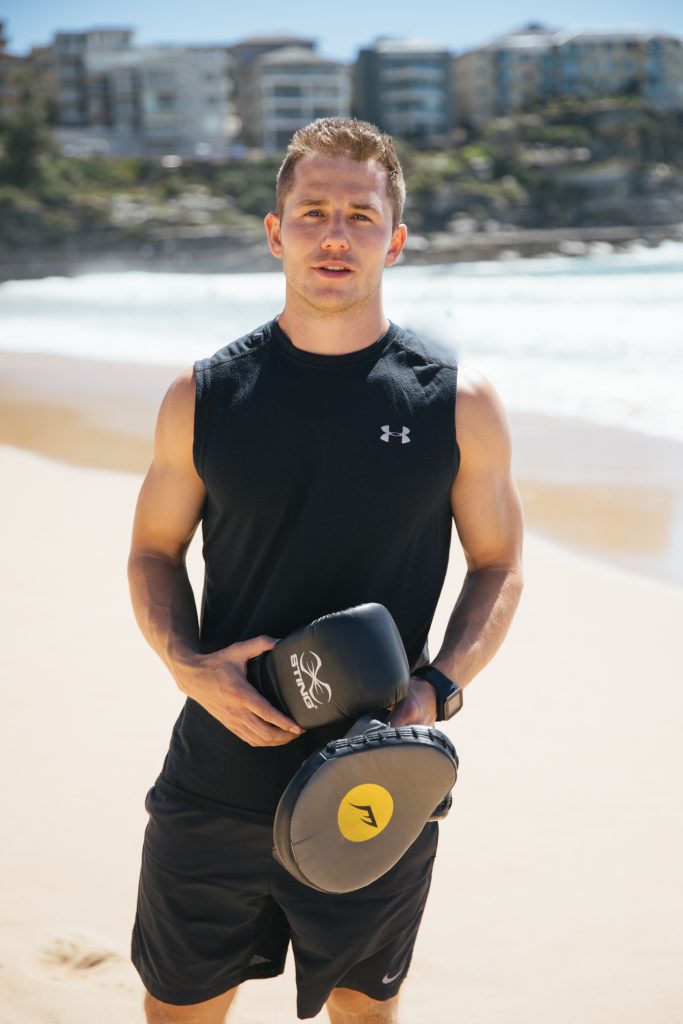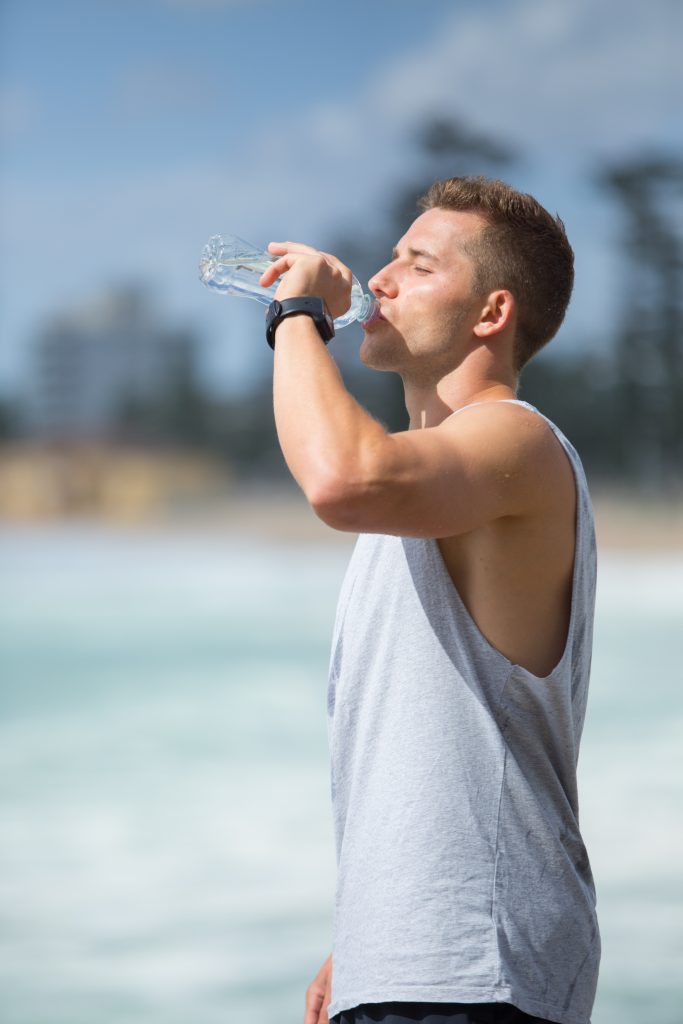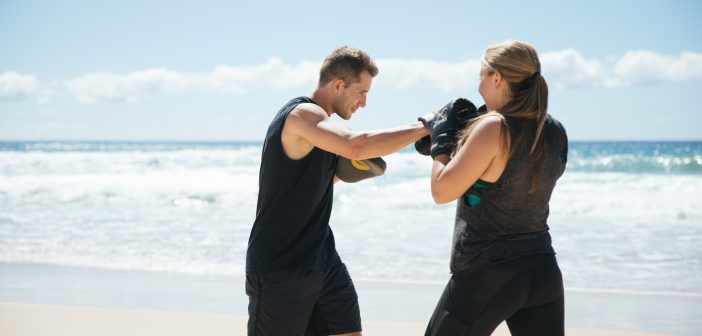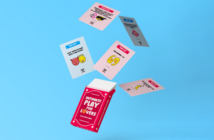We hear it all the time ‘you are what you eat’ and while some people choose to call BS on this statement, former Palace butler, chef, nutrition coach and PT Richard Kerrigan is a big believer in it. Fuelling your body with poor quality food results in poor quality performance and vice versa.

Nutrition then, has to be a top priority when training towards a goal. Spending the time to work out what your body needs in order to recover effectively, build muscle and perform optimally is a great place to start. Don’t waste a really great training session by eating a poor quality meal afterwards. The magic happens when you tie your training in with good quality nutrition.
After a workout your muscles are crying out for fuel, your glycogen stores are low and need topping up. You need to get some good quality protein and carbohydrates immediately back into the body to help your body on it’s way to repair muscle tissue whilst reducing muscle soreness.
Depending on the type of training session you are doing will depend on how you recover. If you are recovering from a tough strength session you want to look at getting a good source of protein into the body to help repair and rebuild the muscle you have effectively damaged through training.

Aiming for about 30g of protein within an hour of training is a great place to start. This can either be in the form of a whey protein shake (which is easily absorbed) or from some lean meat or fish like chicken or tuna.
You also need to consume some carbohydrates to top up those depleted glycogen stores we talked about. If you can replenish these stores quickly you can expect to recover more quickly.
Aim for some high GI (glycemic index) foods here as these will be easily absorbed and digested into the the body.
A portion of white rice or white potato is a great choice, and aim to get these foods into your body within the first hour of your workout.
Try to avoid high fat and high salt foods directly after a big training session unless it’s the race itself in which case go for your life and slam that burger, chips and a beer, hey you’ve earned it!
If you are running in an endurance event then carbohydrates are going to be your main energy source and focus here. You only really need to think about including protein supplementation into a race if it is longer than about 5 hours.
Loading up on carbohydrates pre race is a good idea but you can only store so much in your muscles and liver, think of it like a sink, once the sink is full its’ full, you can’t store an endless amount in your body. So you need to refill these stores during your endurance event, to prevent your body running on empty, as this will result in severe muscular fatigue, and a huge drop in performance.
A good place to start is to aim for 1/3 of your body weight in lbs and using that as grams of carbohydrates to consume every hour of the race, so a 180lb person would consume around 60g of carbohydrates. You can consume this in the form of gels, chews or sports drinks.

Hydration also plays a huge part in endurance events but this should start weeks before the event itself. Heading into an event properly hydrated will give you the best possible chance of having a good race on the day.
It’s a given that you are going to become dehydrated during an endurance event but you can help your body along by drinking electrolytes which contain sodium, potassium and magnesium that help your muscles to carry out their essential functions.
Dehydration in a race isn’t something you can quickly come back from and it can leave you feeling sick, weak, extremely fatigued and very unwell so stay on top of this and hydrate adequately before during and after your event.
My advice is to practice all of these things over and over and to see what works for you. See how your body reacts to eating certain foods and how you feel afterwards. Don’t just follow what someone else is eating because it works for them, remember we are all different and react in different ways. The question to ask yourself is, are you getting results you want and performing better because of what you are doing?
When looking at your race nutrition, make sure you have practiced what to eat, and drink before hand and don’t change anything new on the day. The last thing you want is to try out a new sports gel you were handed at the pre race expo only to find out it upsets your stomach an hour into the race completely ruining you day.
Take the time to prepare properly and remember fuelling your body correctly and staying adequately hydrated is essential for optimal performance.
Richard Kerrigan, the PT, chef and nutrition coach, combining his love of food, nutrition and fitness to help everyday Aussies find a sustainable path to living well. Find free recipes, cooking tips and training advice, at rkthebeachlife.com.au and on Instagram at richardkerrigan_




